UK government squirms over Windrush Generation scandal during CHOGM meeting in London
THE red carpet is out and the flags are up, but UK leaders have been mortified by a scandal that paints them in the worst light.
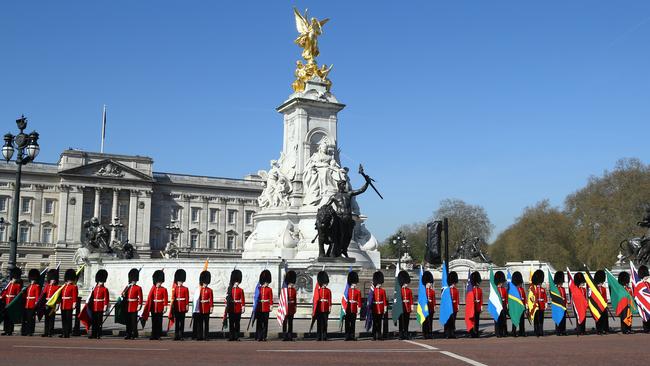
THEY’VE been deported, detained, sacked and refused medical treatment — all in a country they are supposed to be able to call home.
Now a scandal over the legal rights of the “Windrush generation” to live and work in the UK has boiled over onto the international stage during the Commonwealth heads of government meeting in London this week.
The name refers to immigrants arriving in the UK between 1948 and 1971 from the Caribbean on a ship called the Empire Windrush. They should have been given indefinite leave to remain under a 1971 Immigration Act, but were overlooked.
MORE: Queen tips Charles as Commonwealth successor
While the ship carried 492 people, the number affected could run into thousands as many were children of people from Jamaica and other islands travelling on their parents passports, after they had answered a call to work in the UK following labour shortages after the war.
Now, many of them have found themselves detained, stripped of their rights and unable to prove their citizenship because of a lack of official documents. Whatsmore, the UK government admitted destroying landing cards that could have helped people prove their right to live in Britain during a basement clear out in 2010.
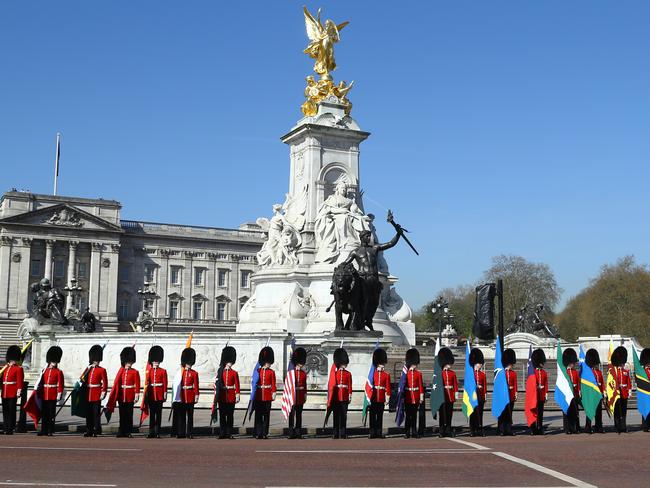
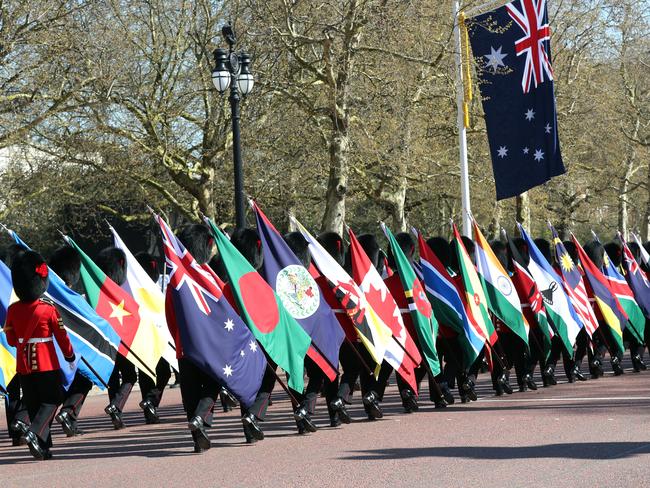
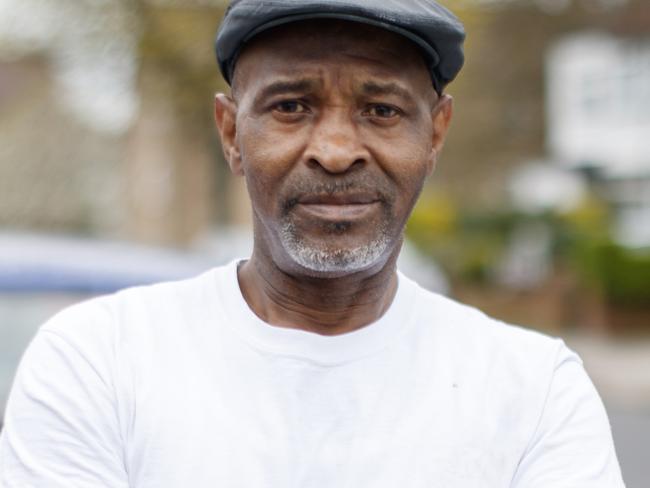
The political scandal has proved deeply embarrassing as it has unfolded at a time when Caribbean leaders and those from other Commonwealth nations are in London for the biannual CHOGM event. The UK is also trying to reinvigorate the Commonwealth as a network for trade and co-operation on social issues post-Brexit, while dispelling notions of any anti-immigrant sentiment.
Instead, headlines have been filled with the plight of British citizens who have told how they were refused medical treatment and sank into depression after realising they technically did not exist in a place they had called home most of their lives.
Anthony Bryan was detained twice, lost his job and was nearly deported due to his lack of documentation after taking a holiday. Former teacher Michael Braithwaite told how he “sat down and cried” during the ordeal when “my whole life sunk down to my feet.”
Sixty-three year old Albert Thompson, who is not technically part of the Windrush group as he arrived in 1973, revealed he was less than two weeks away from prostate cancer treatment when he was told to produce documentation or face a bill for over $100,000.
“At the end of the day, I don’t have those things to show so I’ve got to pay £54,000, which I haven’t got,” he told the BBC.
Others described how frightening it was “to be told you don’t exist” and how they were told they would be deported. Sonia Williams, who arrived from Barbados at age 13, said she was made redundant in 2014, lost her driving licence and has been fighting to prove her nationality ever since.
“I can’t drive, I can’t work, I can’t claims benefits, I can’t do anything,” she said. “Sometimes I just want to give up.
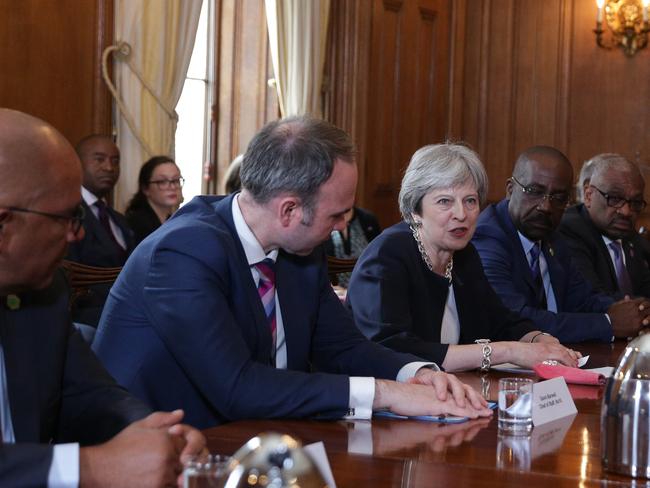
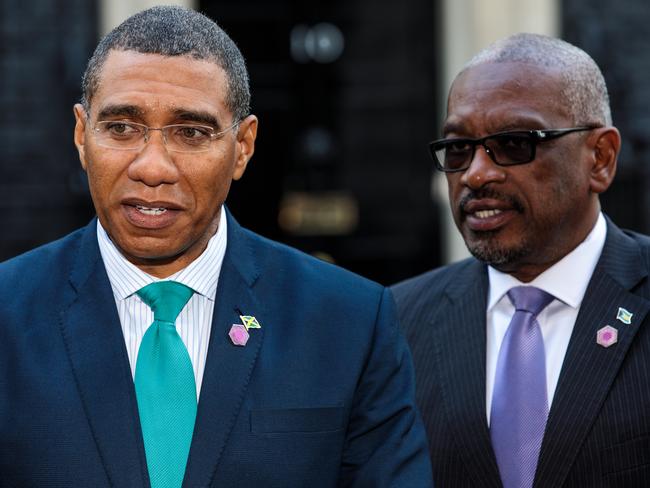
British Prime Minister Theresa May has apologised to those involved and the Home Office is committed to helping resolve the situation. She met with Caribbean leaders during CHOGM week to help resolve the situation amid fellow MPs calling it a “national shame”.
“The Windrush generation helped to build the country that we are today,” Mrs May said. “And I want to dispel any impression that my government is in any sense clamping down on Commonwealth citizens, particularly those from the Caribbean who have built a life here.”
Her role in the saga is complicated by the fact she previously led the Home Office at a time when it created policies that led to a “hostile environment” for illegal immigrants that affected the Windrush generation.
Former civil service boss Bob Kerslake, who now advises the opposition Labour Party, said the policies were seen as “almost reminiscent of Nazi Germany” by other ministers during 2010 when they were developed.
“You cannot create a climate and then not expect it to have consequences,” he said.



